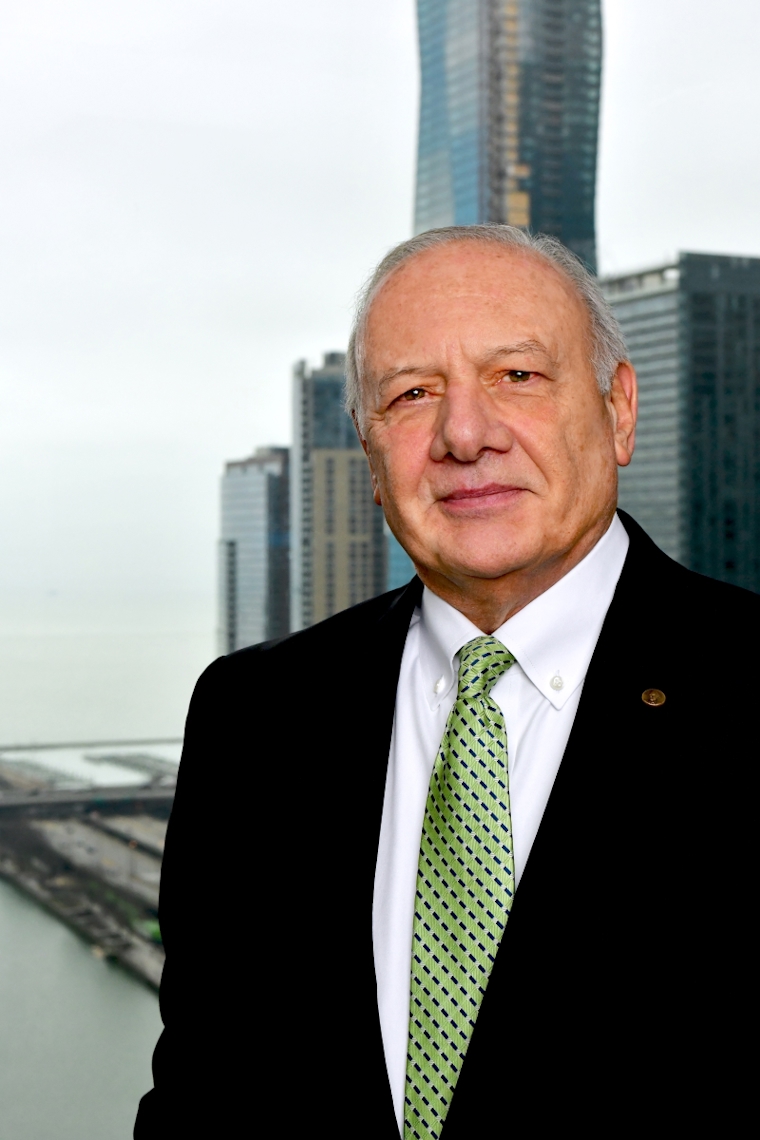Dear Colleagues,
Last year I wrote to you on the anniversary of George Floyd’s murder about the continuing violence in America and the role of the medical profession. Unfortunately, on this second anniversary, not much has changed. In fact, 2022 began with a series of racially motivated bomb threats against more than a dozen historically Black colleges and universities, an anti-Semitism motivated hostage crisis at a Jewish synagogue in Texas, and most recently, the racially motivated mass shooting in Buffalo, New York. Violence continues in our cities, particularly against marginalized communities. Carjackings, random violence against individuals, drive-by killings, shootings of unarmed men, disproportionately Black men by police, and targeted shootings of police themselves are continually reported. Violence has not been confined to our country alone. The unprovoked invasion of Ukraine resulting in tens of thousands of civilian deaths, post-election riots in Europe, and continued Civil War in Africa and other parts of the world presents us with a global crisis of humans’ inhumanity to their fellow humans. Emerging from the pandemic we find the ongoing opioid crisis is unabated. The continuing health effects of violence and strife are still largely unknown, but what is known is that the nation’s sense of well-being has been undermined.
This calls for a response from the medical community. We must approach violence and incivility with the same selflessness and generosity of spirit as we have for those afflicted with COVID-19. We are confronting a disease of the spirit manifested by isolation, disrespect, and hatred. This must be countered with community, courtesy, and kindness. As members of the healing community, this is a prescription we can deliver.
It is disappointing that while we and others have delivered this call to the profession with well-meaning words, we have not yet disrupted this pattern of violence and hatred. As I have written before, while we in health care have the standing and trust to influence the public, we must take stronger and more concerted actions to frame this environment of violence as a major public health crisis afflicting our country and beyond. Despite the multiple factors that contribute to violence beyond the reach of health care, we have the moral obligation to keep the issue and its health effects before our government and policy makers. Collectively we can provide the platform to assemble stakeholders from across society to discuss meaningful solutions and effective actions to bring about the cultural changes necessary to empower a more just and compassionate society.
Last year, I suggested much of this work could start with each of our own organizations through unbiased hiring practices, paying a living wage to our employees, and exemplifying behaviors that support human dignity and respect for all we encounter. These efforts are laudable and necessary, but not sufficient. We must reach out beyond our organizations and work together across health care and with other institutions in our communities to address violence in our society, not only as a critical public health problem but also as a moral imperative. The profession has a long tradition of bringing societal change in sanitation, food safety, toxin and environmental exposures, and control of infectious disease. Our recent experience with the pandemic shows we can do it with selflessness, compassion, and respect for human dignity. This is our time not only to voice our concern, but also to take sustained action.
We know we cannot do this work alone, but as a profession we must speak about our concern and raise these issues in our own local communities, as well as nationally through our organizations of medicine. These steps must be taken in order to mount local, and ultimately national, positive change.
We, together with our professional colleagues, our communities, and our institutions, must seize the moment and sustain the effort to create the society that we wish to will to our grandchildren. As Gandhi is said to have admonished, we must be the change we want to see in the world.
Most sincerely,
Thomas J. Nasca, MD, MACP
President and Chief Executive Officer
ACGME


